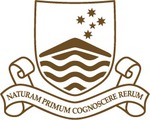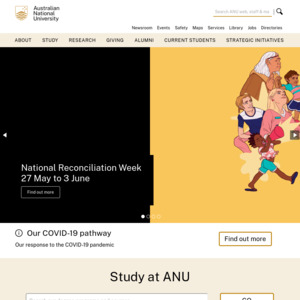The Curious Country is based on the findings of a survey commissioned by the Chief Scientist of Australia, Professor Ian Chubb, edited by Leigh Dayton and published by ANU E Press in Dec 2013. The PDF file is 12.8 MB, has 142 pages and included some amazing photos.
Book launch link:
http://minister.innovation.gov.au/ministers/baldwin/speeches…
The contents in the book are:
• Foreword by the Chief Scientist
• Chapter 1: Introduction by Leigh Dayton
• Chapter 2: Living in a changing environment
- Antarctic Ice… Going, Going, Gone?
- Marine Life in a Changing Climate
- Adaptation is the Key to Survival
- Biowealth: All Creatures Great and Small
• Chapter 3: Promoting health and wellbeing
- Beating Cancer
- Mind Decline
- It’s Not All in the Mind
- Pandemics: Learning from the Past to Protect the Future
- Population Health: Understanding Why Disease Rates Change Over Time
• Chapter 4: Managing our food and water assets
- Science for our Daily Bread
- Food for Thought
- Whither Australia’s Water
• Chapter 5: Securing Australia’s place in a changing world
- Oceanography: A Global Revolution
- Computer Crime is on the Rise
- The Fruits of Science
- Science Diplomacy
• Chapter 6: Sustainable energy and productivity
- Powering the Future
- Energy Efficiency
- Future Electricity Systems
- New Engines, New Fuels, New Attitudes
• Chapter 7: Curiosity
- Is Anybody Out There?
- Cosmic Quest
- Mind and Matter
- Stem Cells: Hype or Hope
- Trust Me - I’m a Scientist
- Gravity Waves Make Young Minds Ripple
Note: There are a number of free eBooks on the ANU Press site. One that caught my eye is “What does the honeybee see? And how do we know?: A critique of scientific reason” by Adrian Horridge, published in 2009. The PDF file is 7 MB and has 360 pages. Amazon sells the paperback for US$21.63 but you can download the book at this link:
http://press.anu.edu.au/titles/honeybee_citation/


who cares what matters to Americans…